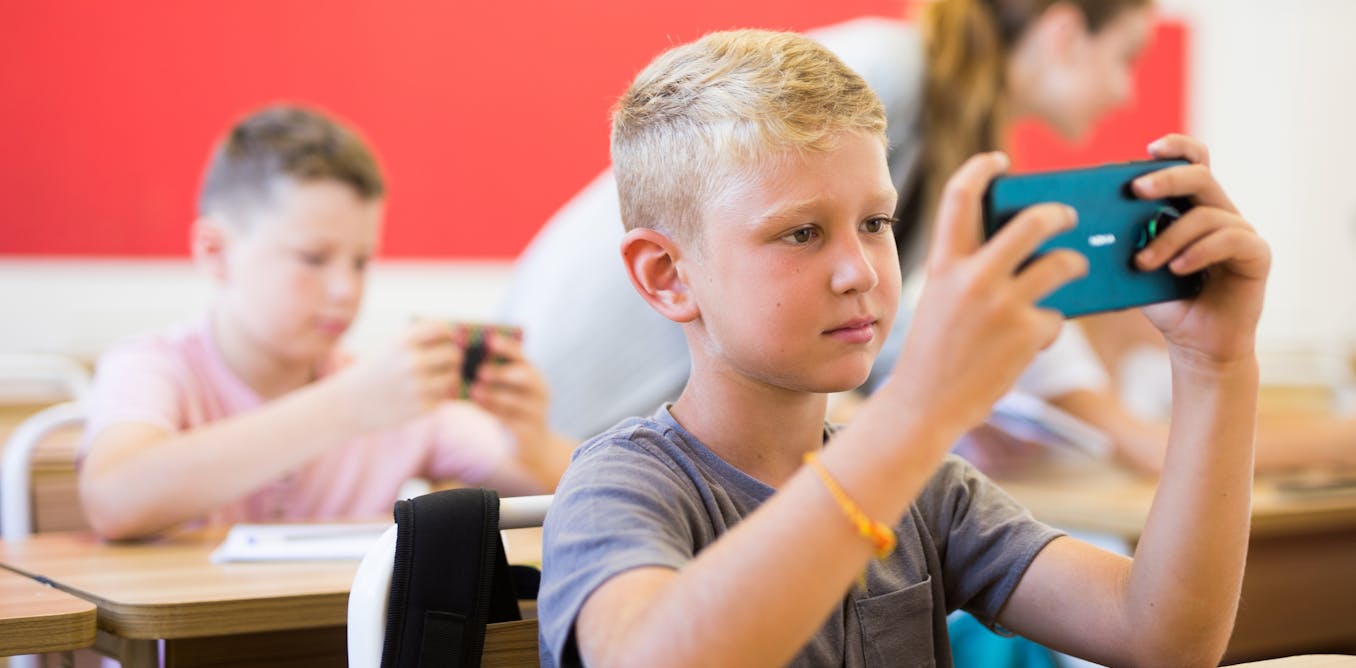
Unleashing the Potential of ChatGPT in Education
Key Takeaways:
The world of education has witnessed remarkable advancements in recent years, especially with the proliferation of technology. One such groundbreaking innovation is ChatGPT, an artificial intelligence (AI) model developed by OpenAI. ChatGPT is a language generation tool that enables computers to engage in human-like conversations. This technology has evoked much excitement and controversy in equal measure, sparking a debate about its potential implications for education. This article explores the power of ChatGPT in education, dissecting whether it is a game-changing breakthrough or a disruptive force.
Exploring the Benefits of ChatGPT in Education
ChatGPT presents several advantages that make it an appealing tool for enhancing the educational experience. Firstly, its ability to engage in dynamic and interactive conversations with students creates a more personalized learning environment. This technology offers a unique opportunity for educators to cater to the specific needs of their students. By conversing with ChatGPT, learners can deepen their understanding of complex concepts through real-time explanations and examples tailored to their individual comprehension level. The adaptive nature of ChatGPT allows for a personalized learning journey that ensures students get the support they require.
Secondly, ChatGPT has the capacity to act as an AI-powered virtual teaching assistant, delivering immediate feedback and support. Students can seek clarification or guidance from ChatGPT, making it an invaluable resource for those who often hesitate to ask questions in front of their peers. This technology eliminates the fear of judgment, creating an inclusive learning environment. With ChatGPT, students have the freedom to explore and experiment, knowing that constant support is just a conversation away.
The Ethical Considerations
While the potential benefits of ChatGPT in education are undeniable, it is crucial to consider the ethical implications of this technology. One concern raised by critics is the blurring line between human and AI interactions. Some argue that prolonged use of ChatGPT may hinder students’ ability to engage in meaningful human conversations or develop crucial social skills. This raises questions about the appropriate balance between AI assistance and human interaction in the educational process.
Another concern is the potential for bias in AI. ChatGPT learns from vast amounts of text available on the internet, which may inadvertently expose it to biased content. If not monitored closely, this could perpetuate societal biases in educational settings. It is imperative for developers and educators to continuously assess and address bias within the system to ensure a fair and equitable learning experience for all students.
FAQ
Conclusion
In conclusion, ChatGPT has the potential to revolutionize education by providing personalized and adaptive learning experiences. With its interactive and conversational abilities, it offers students the opportunity to engage in meaningful dialogue and receive immediate feedback. However, it is vital to acknowledge the ethical considerations surrounding this technology, such as the balance between AI and human interaction, as well as bias within AI systems. By carefully navigating these concerns, educators can harness the power of ChatGPT in education to create a more engaging and effective learning environment.
Source: insidertechno.com